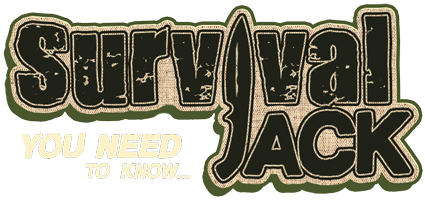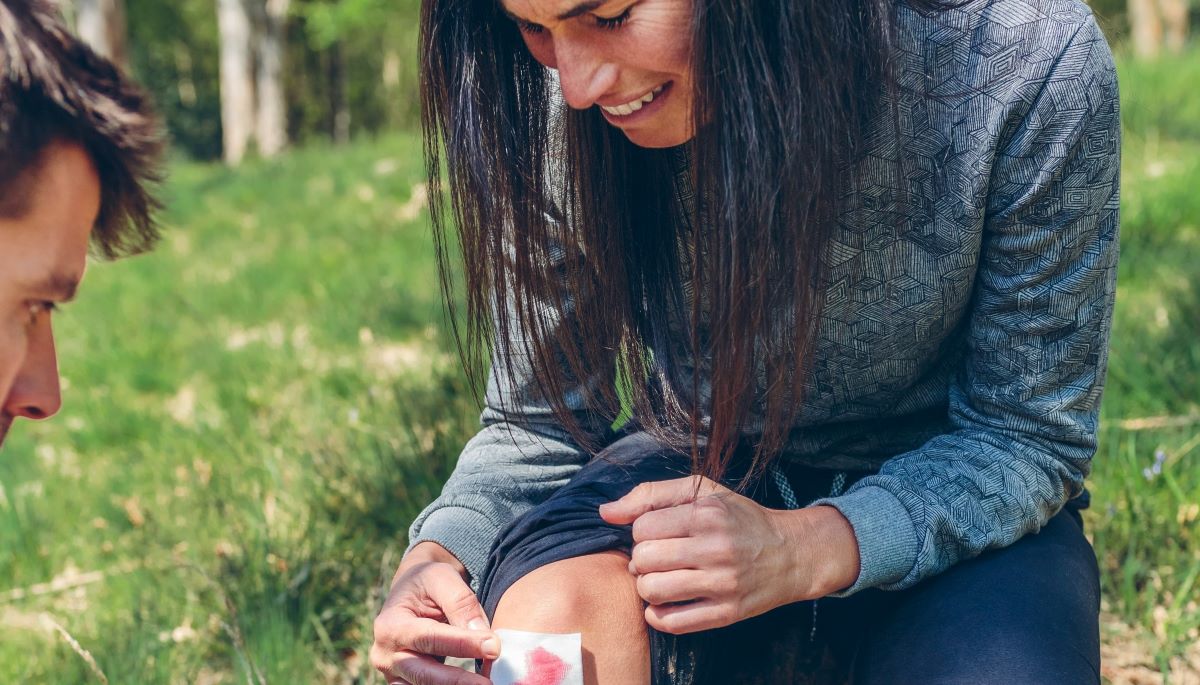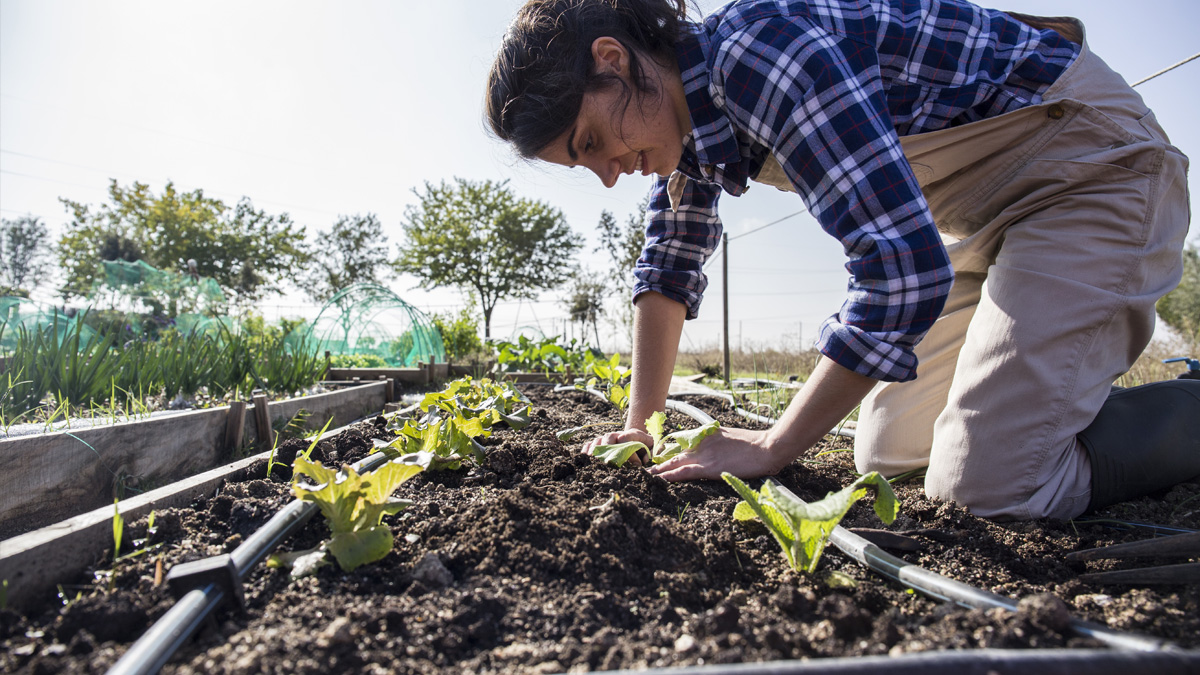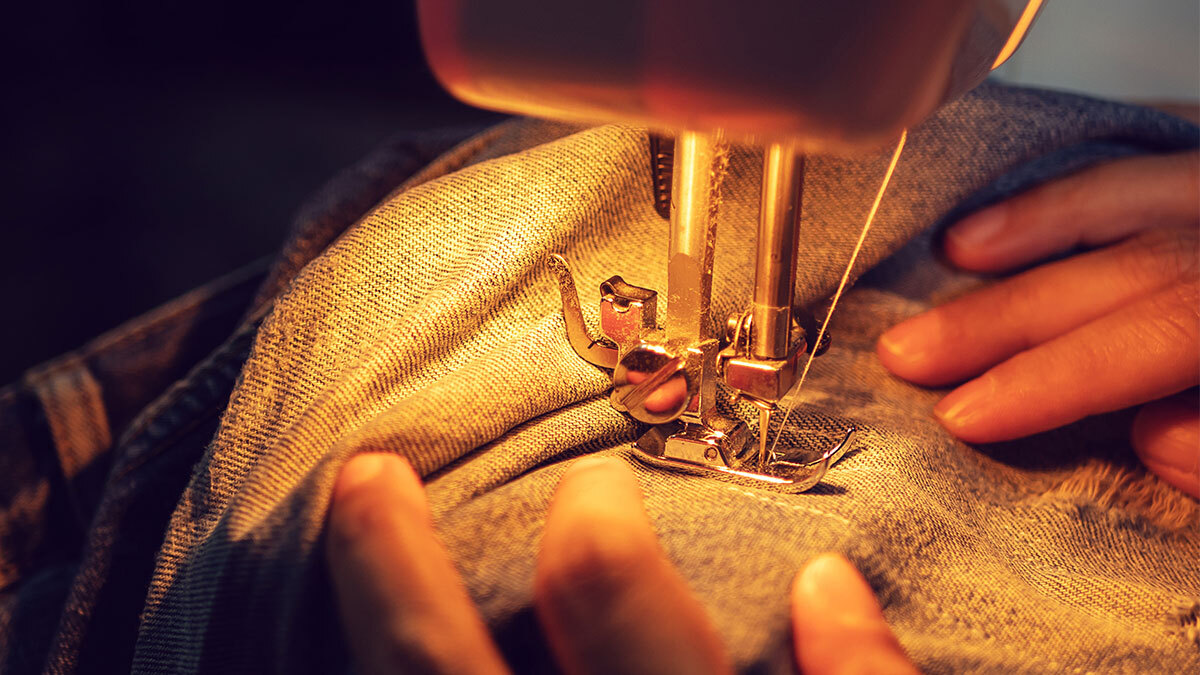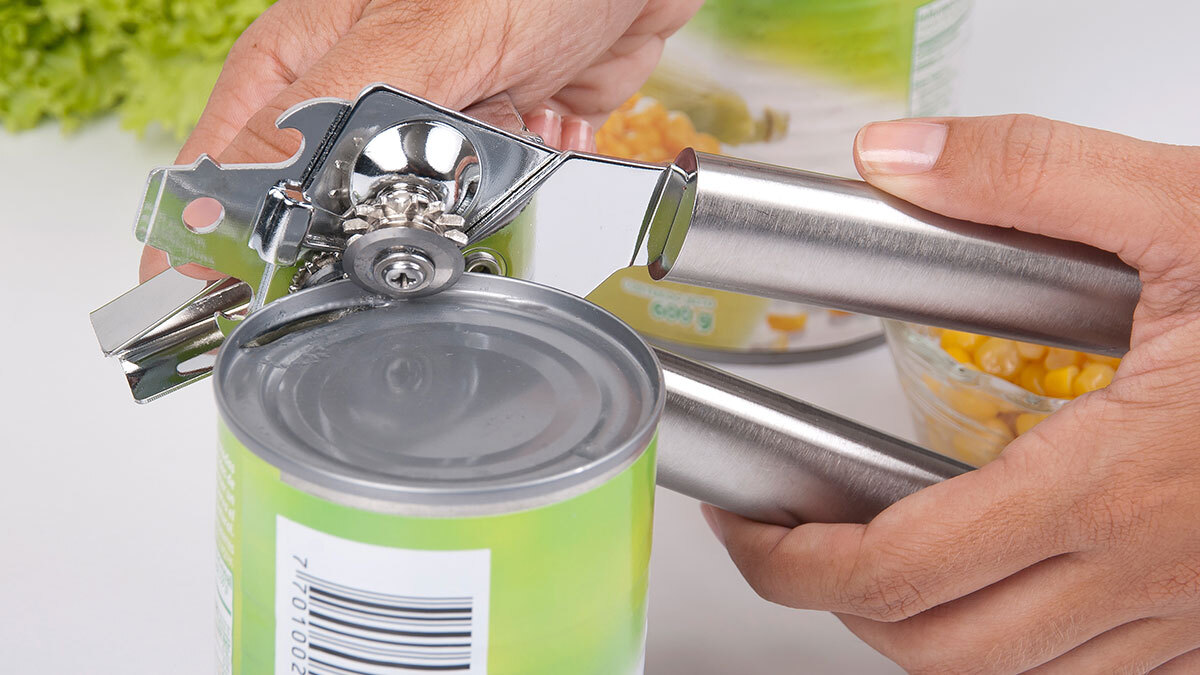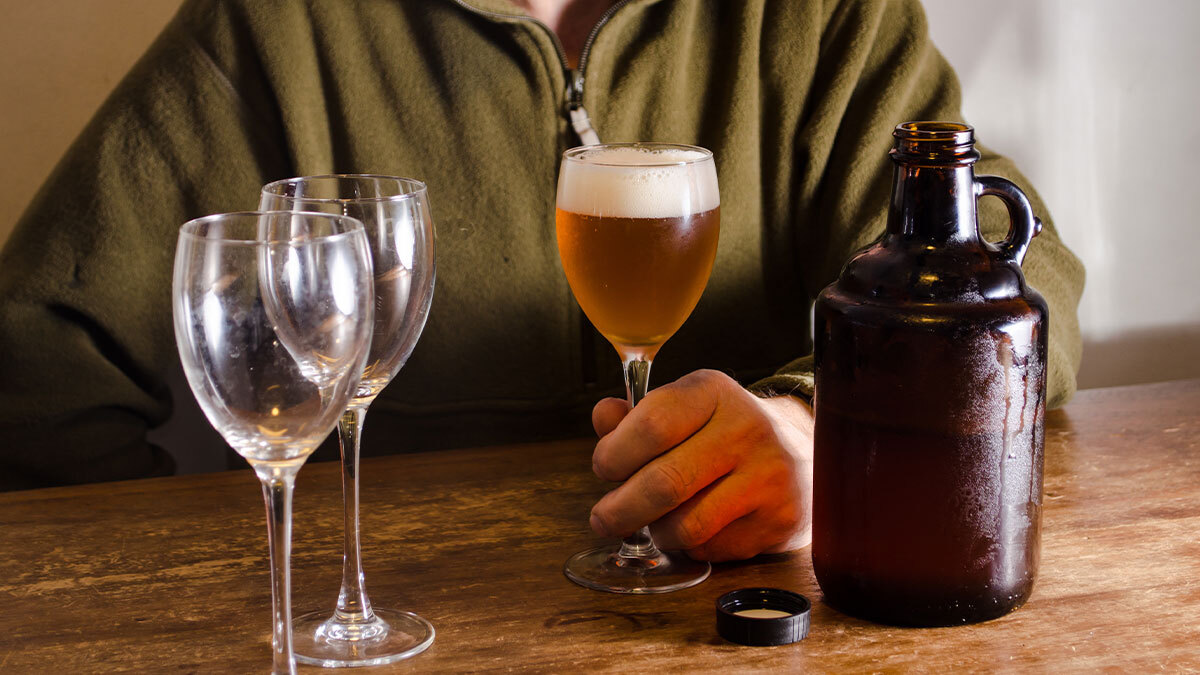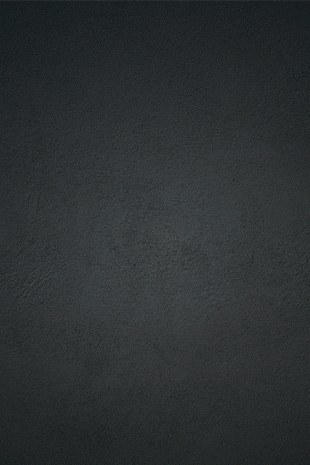on
Modern medicine is a blessing, but it’s not the only way to stay healthy and heal.
Nature is full of simple resources that we ought to be using to help keep our bodies fit.
Below are the five effective, natural methods to heal wounds—and five that we recommend you stay away from.
These Natural Substances Help Heal Wounds

1. Peppermint Essential Oil
Antibiotics are a wonder. However, overusing them can alter the bacteria they’re fighting to the point that they stop working altogether. The Centers for Disease Control and Prevention (CDC) calls this kind of antibiotic resistance “one of the world’s most pressing public health problems.”
If you’re looking for ways to cut down on antibiotics (with the guidance of your doctor), peppermint essential oil is a promising alternative for wound healing.
A 2019 study placed a variety of concentrations of peppermint essential oil on poly(ε-caprolactone) electrospun fiber mats (a base material used in regenerative medicine). The study found that when applied properly, peppermint essential oil “ha[d] the potential for applications in antibiotic-free bacterial infection treatment as wound healing materials.”
2. Aloe Vera
America’s favorite succulent is also a marvel of science! This little green jewel has been proven again and again to effectively protect skin and heal many types of wounds.
Extensive studies have examined Aloe vera’s properties as a wound healing treatment. A 2019 literature review of 23 such studies found:
“[…] Aloe vera has been used to prevent skin ulcers and to treat burn wounds, postoperative wounds, cracked nipples, genital herpes, psoriasis, and chronic wounds including pressure ulcers.” [emphasis added]
With all of that said, Aloe vera definitely isn’t a wound “cure all.” For example, you should not apply it to severe wounds and deep cuts.
3. Onions
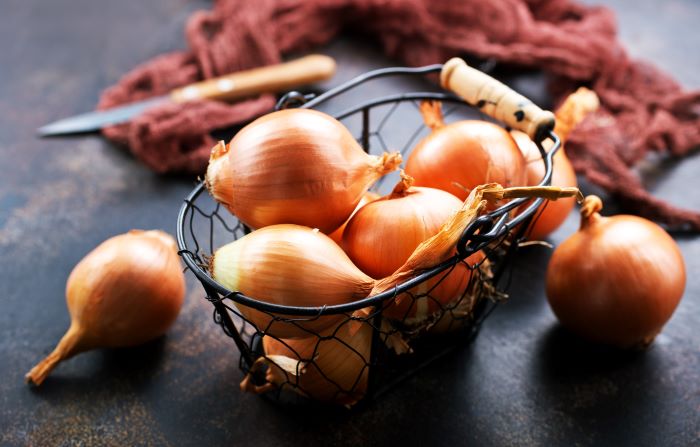
Onion-based home remedies go back thousands of years. Citizens of the Roman empire were obsessed with them. Gladiators, for example, would rub down with onions to “firm” their muscles.
Come to find out, our ancestors were onto something.
Studies have found that onion extract can “accelerate acute wound repair” and reduce scarring at various stages of healing.
Onion extract has been found to be especially effective at eliminating hypertrophic and keloid scars. These are the reddish nodules that can develop at the site of a wound.
4. Garlic
Like onions, garlic has a very long history as a healing plant. As far back as 1,500 BC, Egyptian medical literature recommended it for killing parasites and insect infestation, curing circulation disorders, and treating depression.
Cloves of garlic were even found in Tutankhamen’s tomb.
Of the many properties of garlic, one of the most notable is wound healing. Studies have found that when topically applied, garlic ointment activates “fibroblasts” in the body. These fibroblasts help to organize and accelerate wound repair.
The secret ingredient in garlic’s healing powers? That would be “allicin,” an active molecule abundant in garlic that has antioxidant benefits and reduces inflammation.
5. Turmeric Paste
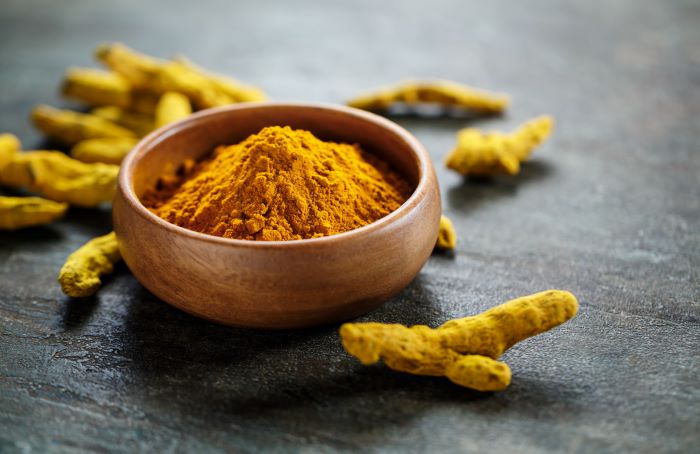
Some call it the “most effective” nutritional supplement in existence. We won’t argue that point here, but regardless, Turmeric is a well-established, natural healer.
It’s chock full of medicinal compounds called “curcuminoids” with powerful anti-inflammatory and antioxidant properties.
And as for wound healing, studies confirm that:
Curcumin has been shown to possess significant anti-inflammatory, anti-oxidant, anti-carcinogenic, anti-mutagenic, anti-coagulant and anti-infective effects. Curcumin has also been shown to have significant wound healing properties. It acts on various stages of the natural wound healing process to hasten healing.”
Don’t Believe the Hype! Here Are Natural Substances to Avoid
1. Turmeric Taken by Mouth
For all the wound-healing benefits of turmeric paste, we can’t recommend orally ingested turmeric for the same purpose. The reason is simple: it’s just not as as effective. Also, there can be negative side effects.
Orally ingested turmeric can:
- Interfere with certain medications
- Cause uterine bleeding or contractions in pregnant women
- Lower sperm count in men, causing fertility complications
2. St. John’s Wort

St. John’s wort is a flowering shrub native to Europe that has been shown to have a number of medically useful applications, from mood regulation to wound healing.
However, research has also shown that St. John’s wort can have deadly interactions with quite a few medications—to the point that countries have banned it outright, while others have gated it behind a doctor’s prescription.
3. Egg Whites
In some areas, egg whites have a history as a home remedy for burns – one of many items people keep in around for home first aid.
Unfortunately, egg whites are full of bacteria, including salmonella (a bacterial disease) that can make you sick or worse. Egg whites are not a substance you want to be putting on burns or other types of open wounds.
4. Blowing On or Licking a Wound
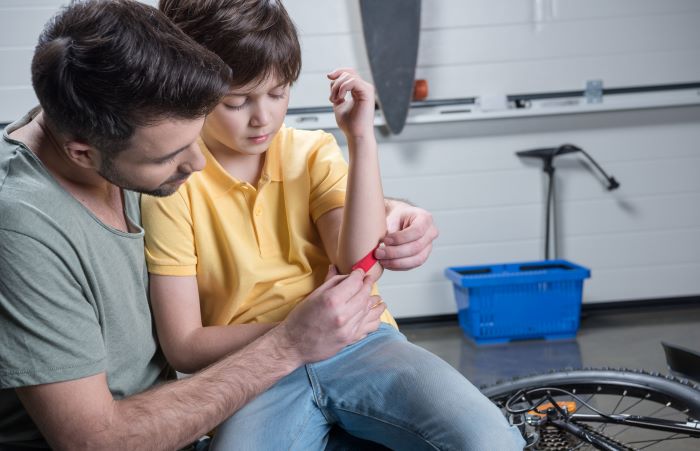
If your parents ever licked a handkerchief to wipe dirt off your cut or told you to blow on a scraped elbow…they may have unintentionally spread unhealthy bacteria.
The human mouth is full of bacteria—over 600 strands to be exact. Most of these are harmless, but they can sometimes include dangerous versions like the staff infection MSRA.
“Our breath and saliva have tons of bacteria which can contaminate [a] wound and lead to an infection,” said Svetlana Kogan, MD, a holistic physician based in Naples, Florida.
Better than blowing or licking, try flushing your wounds with clean water, sanitize and wash appropriately, and then perform appropriate first aid. If the wound is serious enough, contact your doctor or visit the emergency room immediately.
5. Human Breast Milk
According to a 2019 study published in the journal Nutrients:
”Bioactive components of human milk and microbiota have promise as adjuvants for wound healing. From lesions of the corneal epithelium to lacerations of the skin, milk-treated groups healed faster than controls.”
In other words, human breast milk has the power to heal wounds.
However…
Breast milk can also carry disease, as obstetrician and gynecologist Dr. Sarah Yamaguchi warned:
“Breast milk can transmit infectious diseases such as HIV and pumped breast milk if not stored properly can be contaminated and can actually introduce bacteria into an already infected area.”
The Final Word: Keep It Natural but Be Careful!
As you can see, there are plenty of wonderful and effective natural methods for treating wounds. Just make sure to do your homework and consult your doctor before you use them.
Get access to premium content and more!

